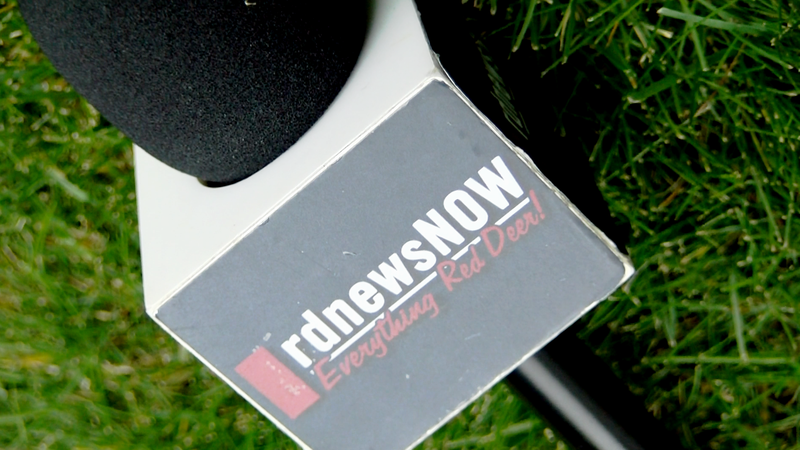
Danielle Smith breaks with counterparts, Trudeau over tariffs response
Prime Minister Justin Trudeau and most of Canada’s premiers say all options are on the table to respond to U.S. president-elect Donald Trump’s threat to impose devastating tariffs on Canada — but Premier Danielle Smith said she wasn’t on board over energy concerns.
After meeting with the premiers in Ottawa today to discuss Canada’s tariff strategy, Trudeau emerged to say they had a “commitment to stand together on a united path forward.”
But the show of unity didn’t last long.
Smith, who attended virtually and did not take part in the press conference, said in an online post Alberta won’t be able to support Ottawa’s plan unless restrictions on energy exports to the U.S. are off the table.


